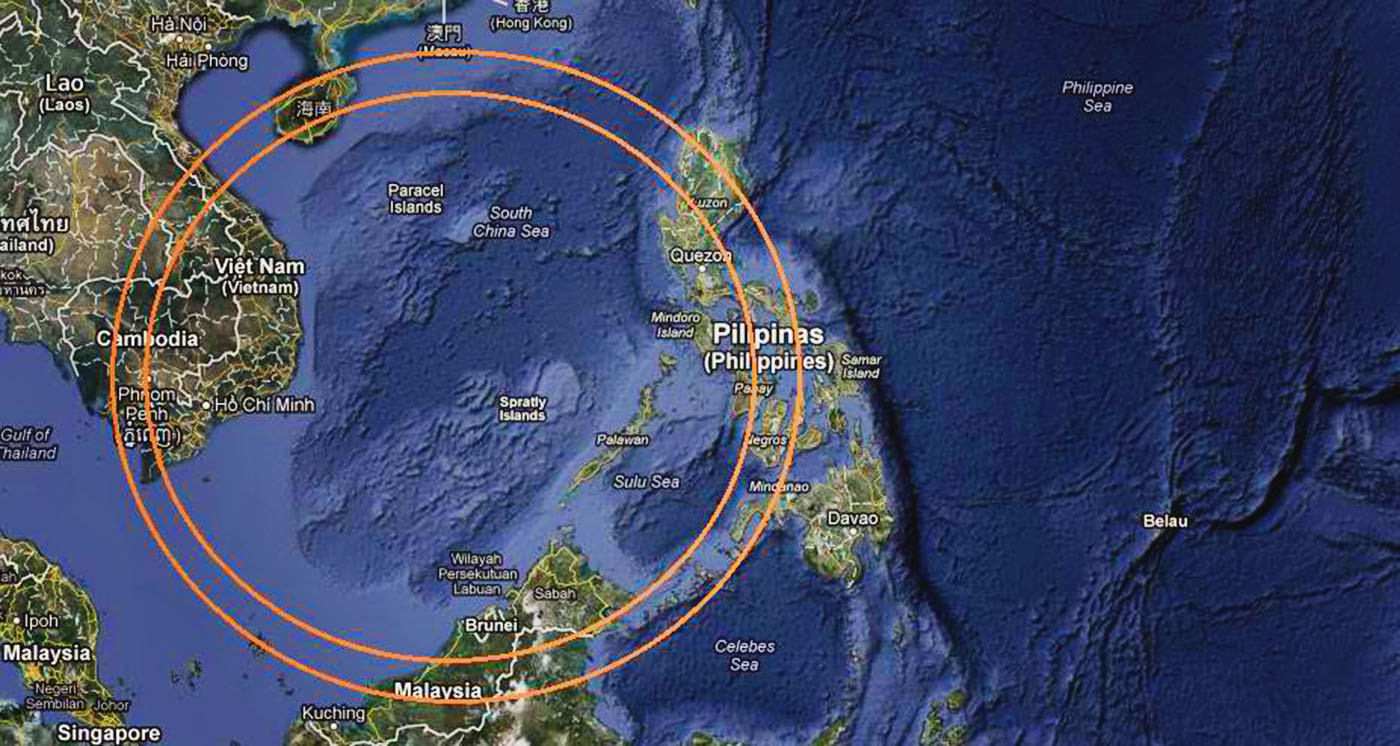By Beata Carolino

Nearly three years after the Syrian conflict erupted, signs of resolution have yet to be seen.
The “civil war”, as dubbed by International Red Cross, began in March 2011 following several uprisings against the President Bashar Al-Assad’s Government. Up to date, it seems to have strayed further from the path towards peace.
On December 12, 2013, the United Nations has concluded that chemical weapons were used in the August attack in the suburbs of Damascus. This prompted the international community to consider intervention.
The recent findings prompted UN secretary Ban Ki-Moon to have the Syrian investigating team to personally report to him their findings. He also wished for a diplomatic solution to the ever-growing tension in Syria amidst the possible military intervention by some Western countries.
International intervention
Last August, the United States cleared that it will only intervene if the Syrian troops will “cross a red line.”
Assad’s denial of chemical warfare despite UN confirmation prompted President Barack Obama to intervene. In fact, he said in an interview that such actions needed to “face consequences.”
Two of the U.S.’s allies recently declared that they will not be responding to the alleged chemical use in Syria. The United Kingdom voted against military intervention, while Canada confirmed that it has no plans of deploying its men to Syria.
Syria’s known allies such as Russia and China began to show willingness to cooperate and communicate regarding possible solutions with Syria’s condition. The two countries initially vetoed a UN resolution condemning the massive violence in the Middle East, citing that the proofs presented against the Syrian government were not clear. China also urged the U.S. to not act alone on military intervention and follow the UN principles.
Conflict within a conflict
The fight between the government and the opposition is not the only growing conflict in Syria.
Another issue faced by Syrians is the apparent fracture in their opposition. They are mainly bordered by religion and minority groups. Christians, Druze groups and Alawites are known to have sided with the government in fear of the opposition’s possible anti-racial consequences. Their support for Assad’s regime follows the said president’s comparable leniency towards people of different race or religion.
It is known that some of the opposition are radical extreme Sunni Muslims. This difference in ideology poses a concern for many members of the anti-Assad movements, if and when their movement comes to a triumph.
Continuation of Arab Spring
Syria is the latest addition to the famous people uprisings in the Middle East against the ruling government known as Arab Spring.
Syrians followed the lead of neighbors Libya and Egypt, both of which successfully ousted their leaders, and began massive protests in 2011. However, the Syrians have yet to oust Assad.
The civil unrest began following a series of protests against Assad’s reign. Assad rose to power in 2000, replacing his father, Hafez Al-Assad, who ruled over the country since 1970, after the coup.

The younger Assad vowed to enact reforms after his father’s iron fist rule, and was sworn into a 7-year presidency after his father’s death. However, it became an unlikely case after Bashar Assad suppressed internal dissention, prevented people from going in and out of Syria, and blocking various internet websites.
Protests in Syria were met by aggressive military attacks, with the UN eventually declaring that the civil attacks were crimes against humanity. Less than six months into the movement, there were more than 2,200—a lot of which were tortured before dying, including a 13-year-old boy who was mutilated.
Crimes against humanity
To date, the UN estimated over 100,000 casualties in Syria since the conflict started, as well as various cases of human rights violations. More than two million Syrian residents fled their country to seek refuge elsewhere, while more than four million are displaced in the country’s borders. This urged the United Nations to declare a state of crimes against humanity in Syria.
The reports of violations come from all parties involved in the conflict. The Syrian government led by Assad particularly accused the U.S. from releasing poison gas against his troops. In September, Assad wrote a letter addressed to the UN, asking for protection from possible military aggression after the chemical attack.
President Barack Obama urged Assad to step down in November. However, Assad’s supporters (and Assad himself) do not seem even close to considering such.
In fact, after confirming his country’s upcoming national election in 2014, he mulls re-running to his office, he said in an interview in Syria’s Al Mayadeen TV.
“Personally, I don’t see any obstacles to being nominated to run in the next presidential elections,” Assad said.

2 comments
Reblogged this on Overthinking.
Reblogged this on Overthinking.
Comments are closed.